The Transition to Adulthood: A New Chapter
Turning 18 marks an exhilarating milestone for any teenager—a leap into adulthood with newfound freedoms and responsibilities. However, this transition also brings unexpected legal and practical challenges for parents and guardians. As children enter legal adulthood, parents lose automatic access to their medical, financial, and academic records. Navigating this shift requires understanding key legal documents that allow parents to continue providing support when needed.
Medical Power of Attorney: Essential for Emergencies
A Medical Power of Attorney is crucial for parents wanting to maintain involvement in their child’s healthcare decisions. This document authorizes them to make medical choices on behalf of their child if they are incapacitated due to illness or injury. The ability to make swift decisions is vital in emergencies, preventing delays when time is of the essence.
Durable Power of Attorney: Managing Financial Matters
A Durable Power of Attorney is instrumental if a child is unable to manage their financial affairs. This legal document allows a parent or guardian to act as an agent, managing banking transactions, paying bills, or making financial decisions on their behalf. This ensures smooth handling of financial responsibilities without unnecessary interruptions.
HIPAA Authorization: Accessing Medical Information
Without a HIPAA Authorization, parents cannot access their child's medical records or discuss health issues with doctors. This document is essential for staying informed about medical treatments and conditions, enabling parents to provide informed guidance and support. It also eliminates potential legal hurdles in accessing crucial health information.
FERPA Waiver: Staying Informed Academically
The Family Educational Rights and Privacy Act (FERPA) protects the privacy of student education records once a child turns 18. To access grades, test results, or enrollment details, a FERPA Waiver is needed. This waiver ensures parents can assist in academic planning or address concerns effectively, maintaining a supportive role in their child's educational journey.
Final Thoughts: Ensure Compliance and Seek Legal Advice
While these documents are key, remember that their requirements and enforceability can vary by state. It's important for parents to research their specific legal requirements and consult with a legal professional to ensure these documents are set up properly. By being proactive, parents can continue supporting their children through this exciting, yet challenging, phase of life.
Eréndira Castillo provides this information as a service to clients and other friends for educational purposes only. It should not be construed or relied on as legal advice or to create a lawyer-client relationship. Readers should not act upon this information without seeking advice from professional advisers. This post is as of the posting date stated above. Eréndira Castillo assumes no duty to update this post or post about any subsequent developments having a bearing on this post.



